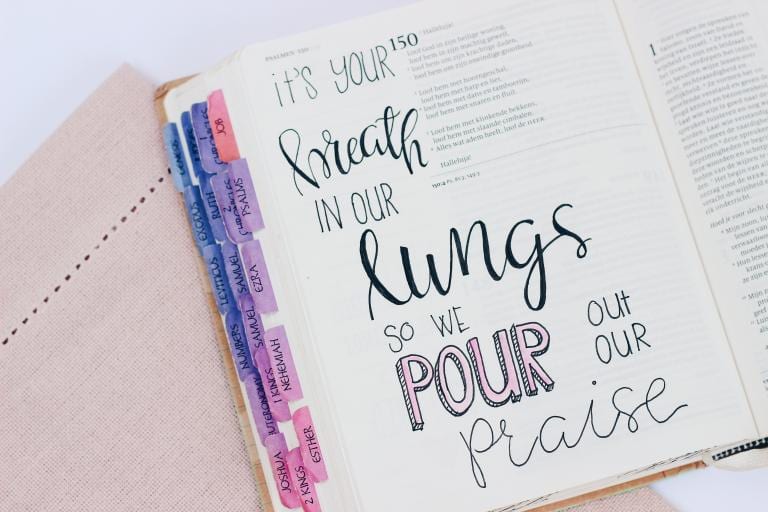
Love
Love is madness. It is chaos. It’s a cataclysmic collision that unfolds everything we know about reality and shows us how blind we were. Love gives life to color. When it’s present, it reflects its brilliance on every verdant blade of grass in your view. It illuminates the sky to the most extraordinary shade of blue that you almost believe you’ve never seen such a magnificent color before. Every shade and tint—it is new, fierce, bold, and blinding. Like a dream in which you cannot see anything but light but you’re willing to blind yourself to get one more glimpse. Even if it burns, you’re willing to reach out and burn your flesh all for the touch of love.
When love is present, everything is new yet nostalgic, novel yet familiar. Everything is scary but exciting. Every breath feels as if it’s your last before drowning yet you are willing to surrender to no air all for the sake of the proximity. Even if it kills you, breaks your heart, shatters every illusion that has ever made you feel whole; you surrender to it.
All this proceeds just one electric embrace. From there, your world only gets bigger and smaller at the same time.
Just like the rush that it ravages you with, it can be taken away in an instant. A car crash, a virus, a heart attack, a rare brain tumor; a pregnancy that goes horribly wrong; a knee pressing down on the neck. Love comes and goes in an instant. Yet it remains…an imprint on your soul, your heart, your mind. It roots itself deep within your core and continues to grow even if the gardener is not present to its tending. Even if the blossom head shrivels up and dies, love does not. The seed of love is sown, and its essence remains in the soil, eternally.
Love is a hunger—a heart hunger. Our appetite for love is expansive, as we grow, our hunger grows, and we consume more love than we believe we have room for.
Touch
Our hunger for love is expressed through touch. Touch is the way our bodies communicate love to one another. Touch provides us with an obtainable, albeit temporary, satiation of that hunger. Our skin is made up of layers, the first three layers—the epidermis contain four types of receptors. There are rapidly adapting receptors that inform us of the presence of sensation: warmth, coolness, pressure, pain. They send a signal to our brain and we interpret the touch in a specific way. These receptors also cease to deliver messages to your brain when the stimulus that touches us remains or doesn’t move. Test yourself. Touch your arm with your fingertip. Hold it there and don’t move it. After a while, you cannot sense the touch of your fingers, but you can see that you are still touching your arm. Your brain doesn’t have to send you any messages if the fingertip is just resting there. But once you move it, the receptors rapidly send a signal to your brain again, and you feel your flesh upon your own flesh.
Your most sensitive receptors are called mechanoreceptors. They perceive sensations on the top layer of the dermis. These highly sensitive mechanoreceptors are found on your palms, lips, tongue, soles of feet, fingertips, eyelids, and face (the lesser hairier spots of your skin).
Interestingly, the spots that contain the most sensitive receptors are also focal to the lover and beloved. There can be no coincidence about that. I have it in my mind that the way we respond to and perceive touch is intentional and integral to how we respond to and perceive love. Is that why God became flesh?
Love and the dermis have much in common. We don’t always feel love, that’s why we suffer with loneliness, depression, exclusion, isolation, and more. Yet it remains all around us like a fingertip resting on the arm. We don’t perceive it or sense it until we move. And the way we move matters. The way we move in love matters. Notably, however, is the way love moves us when we are aware that it is all around us. Consider how it felt the first time you fell in love. It’s like you have a permanent high as if you are walking on air. The birds chirp louder, the air feels cooler, crisper, and more life-giving with each inhalation. That’s what an awareness of ever-present love feels like. It feels like the fingertip on our arm that never rests, it moves, it caresses us, sending rapidly adapting signals to our brains.
When flesh rests upon flesh without moving, although our brain doesn’t perceive it, our eyes can see it. We can see love all around, but we allow our brains to fool us and tell us that because we cannot sense it through movement, then it must not be there. As though love and touch only exist with movement. But perhaps it does always move, we just don’t acknowledge it. After all, what is breath but the movement of God’s love filling our lungs and our very being?
Breath
Breathing is involuntary. We don’t have to think about doing it. More so, we don’t have a sensor going off in our brain with each breath saying, “we are breathing in, now we are breathing out.” If we did, we would not be able to focus on anything else.
What a curious thought experiment that suddenly comes to mind. Did you know that each breath we take is an invitation to love and to feel the love? Did you know that with each intentional breath we take, we can see things more clearly? Breath brings clarity…love brings clarity.
God’s love is involuntary. God doesn’t have to think about loving us. Love is God’s nature. God can’t not love us. More than that, God is all around us. God is everywhere and in everything. How can God (love) not fill us with every breath we take?
Sit with that for a moment. What does that feel like as you consider that each breath is an invitation to feel the love that is ever-present? Can you feel that which has already been registered and reacted to?
Breath is God—is love. What if we don’t need to focus so much on taking in love as we do with air, but rest in a peace knowing that each breath we take is love? I wonder what that would mean going forward? What more can love be if not life? If every breath we take is proof that we are loved, how could that change your outlook on life? If breath is love, and love gave birth to life, must we chase after love, must we seek it out? Must we hope and desire for fulfilling love if it is received with every breath?












